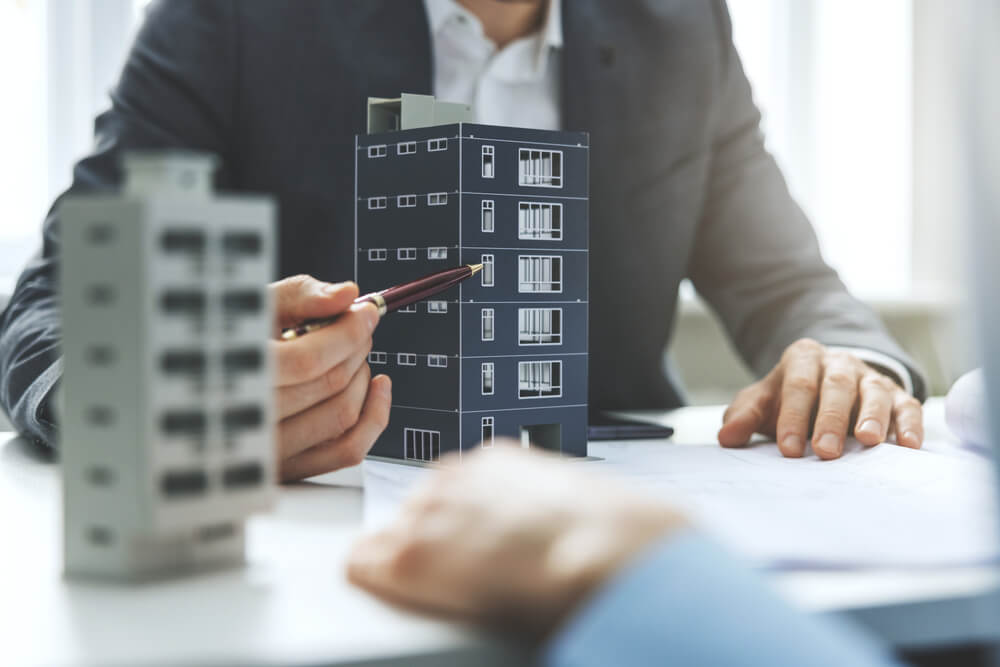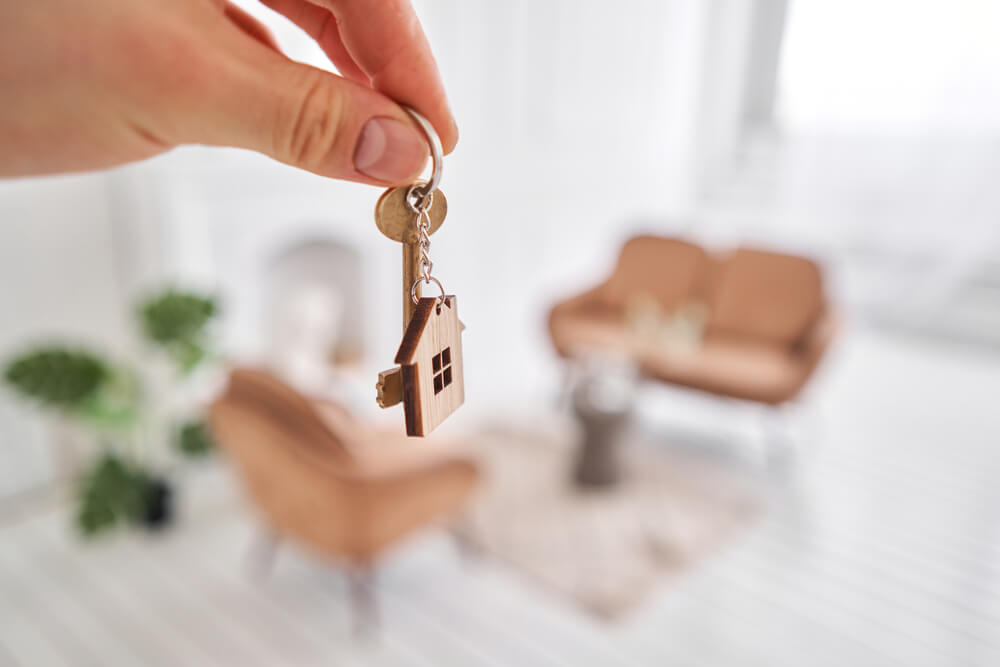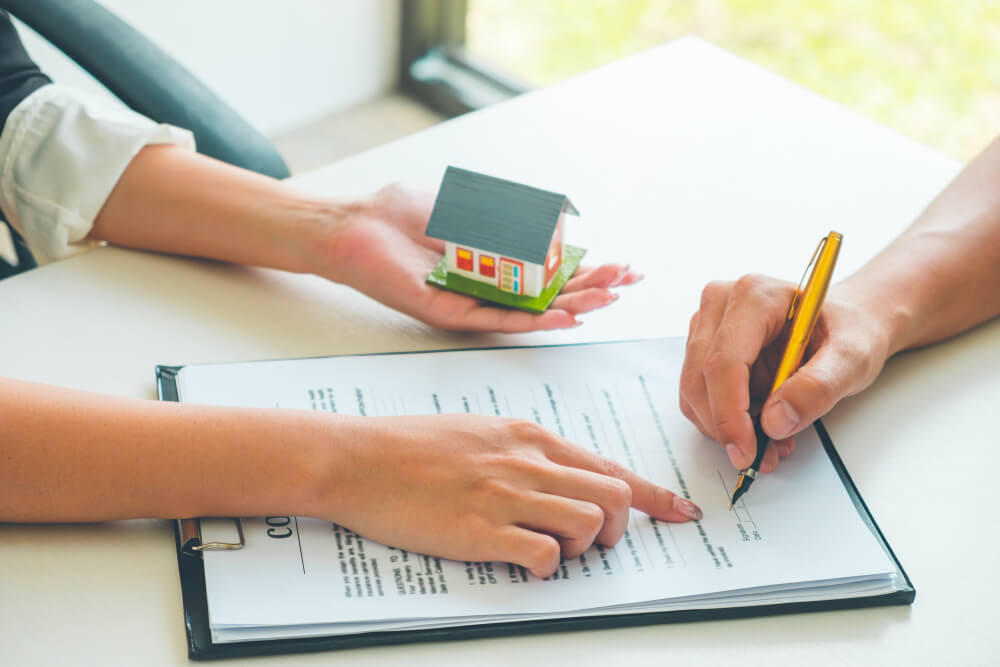
5 Signs You’re Ready to Buy a Home
Where inflation is taking the whole world under its influence, homes are also getting pricier than the previous years. So, does that mean buying a home is now out of the league for this year?
Absolutely not. Even though home prices are increasing on a daily basis, you can still find a decent home if you have started showing some serious signs.
In this article we have mentioned the top 5 Signs You’re Ready to Buy a Home
However, make sure you are following all the indications prior to any legal processing to avoid future inconvenience. With that said, let’s dig in to mark the checklist for your new home….
You Can Afford a Down Payment
You probably know that before, but currently, 20% of a house’s total cost is considered an acceptable down payment ratio. However, many lenders deal with low down payment ratios starting from 5%.
Down payments are one of the biggest financial challenges a person can face when it comes to buying their own home, as managing and paying thousands of dollars at a time is no easy task, especially for first-time homeowners.
So, down payments are less expensive than they are portrayed, but you have to pay the Private Mortgage Insurance fees for the security of lenders if your down payment is less than 20%.
This PMI ranges between 0.5% to 2% of your monthly debt installments, and once your payment reaches 20% of the total cost, your lender will stop PMI fees from your payment.
Therefore, paying at least 20% or more is profitable as you can avoid paying PMIs, and you’ll have less interest to pay over the payment in the future. The more down payment you’ll do, the less interest rate you’ll have.
You Have Enough Savings for Additional Expenses

If you are a previous renter, you didn’t have to worry about bursting pipes, broken windows, and nonfunctional heating systems, as their repair, maintenance, and replacement were the duty of landlords.
The same is the case for taxes, insurance, and other payments. That’s not the case for homeowners at all!
Apart from the mortgages and debts, the most significant financial shock you will have, sorry to burst the bubble, will be the maintenance costs.
Even if you are buying a house for lower than expected rates, the reason could be significant underlying problems in it.
When buying a new home, you will have detailed services from electricians, plumbers, HVAC technicians, painters, gutter cleaners, chimney sweepers, and water and gas services.
Not only this, but extensive repairs like tiles and roof repairs can cost you hundreds of dollars.
So, make sure you have enough money saved for these mandatory services, as living in an unfurnished home without essential utilities will be problematic.
Even if you know the essential work, you’ll still need expert assistance with all these services of your new home.
Rising Rents Are Making You Financially Unstable
Whether you are getting married and want some proper space for your partner or planning to have your backyard and poolside, getting your own home instead of moving out for rent is a much more profitable and hassle-free decision.
Paying someone else high mortgage fees monthly in the name of rent is frustrating and mentally depriving.
And if your economic state allows you to own a home, then being on rent is the biggest financial stupidity one can do.
Paying rent continuously for years, which is growing every year with high percentages, will never make you financially stable enough to own your home one day.
But with forced savings, the right financial advice, and suitable loans, you can get a home that will not only serve as a solid asset but will significantly pay you off whenever you sell it.
Moreover, buying your own home is a profitable way of getting rid of your unresponsive, rude landlords, useless restrictions, and excessive payments.
So, if your rents are getting higher and higher and you don’t see any chances of saving and financial stability in this condition, start considering buying a home.
Check out How you can buy a home with bad credit.
Your Credit Score is Solid, and Debts are Under-Control

Your loan interest rates and additional costs associated with buying a home depend on your credit score.
The stronger your credit score is, the lower the interest and mortgage fees you pay on your loan.
According to the Federal Housing Administration, having a credit score of 580 or above is adequate. However, if your credit score is between 500 to 579, you will be eligible for a 90% Loan To Value ratio.
However, a good credit score is considered to be more than 700 without carrying extra debts.
In short, the credit score is like a foundation for your house-building process, and the higher the credit score is, the more money you will save on house costs.
It is advised to check your credit score 12 months before getting into buying a new home.
Also, many banks have the facility of tracking credit scores. Or you can go to AnnualCreditReport.com and check your credit score.
It is a free and federally approved online portal for checking, maintaining, and tracking your credit scores.
Finally, if your credit score is not stable and is lower than 500, it is best to delay your house ownership dream and focus on boosting your score and saving finances for additional costs.
Real Estate Industry is Buyer Friendly
Although low mortgage ratios are a dream only now, if the ratios are getting lower than your expected ones and can fit in your monthly budgets, then getting into the house ownership process is not a bad idea.
Many scenarios indicate that the real estate industry is profitable for you and why you need to consider buying your own property.
For example, you receive a good amount of cash from your business or inheritance and want to save and invest it effectively.
Or you might have a secure job, and now you are planning to start building your solid assets to have a safe and secure future for yourself and your family.
Or you might get a promotion in your job, resulting in increased income, and you plan to own a home to end this never-ending cycle of paying rent and mortgages after certain months and years.
Whatever the scenarios, as long as the real estate industry seems affordable and profitable, start saving money for the down payment and get home so you can proceed for future economic stability.
Check out Best houses for sale in Los Angeles
Steps to Immediately Take After Buying a Home

Pro Tip: 1. Secure Your Home with Warranties
The foremost and most significant thing to do is to secure your home with a warranty. You might get an existing home warranty from the seller, and you will continue the payments for it.
So, if you are getting such a home warranty, make sure that you review its specifications, duration, and covering aspects before you sign and finalize its documents.
And if your home seller has no warranty, ensure that you get one immediately after buying your home.
Pro Tip: 2. Connect to Utility Providers
As a renter, you don’t have to worry about essential utilities like water, gas, electricity, cell phone, and the Internet, but as a house owner, you have to connect to the best services in your town and connect to your home.
If you are already registered with these service providers, change your address and other details two to three days before moving into the house so you won’t face any difficulty.
And if you are not registered, sign up for these services on the first of your to-do list before moving into the house.
Pro Tip: 3. Manage Your Safety and Security
After moving into your home, you must take specific immediate steps to protect yourself and your families.
For example, change the locks of all the doors as the old homeowners or their friends might still have the keys. So, to avoid possible complications, take this step right away.
Moreover, check your home’s smoke detectors, carbon dioxide detectors, fire extinguishers, and circuit boxes. If needed, change the batteries of these systems for practical functionality.
Understand which circuit box serves which part of the house. This is important to manage if your circuit breaks and the power goes down.
FAQs
What are the emergency costs of buying a home?
Emergency costs are additional expenses not included in the mortgage and debts. It refers to the maintenance costs of your home’s electric and plumbing system, painting, roof and tile works, ceiling repair, furniture, and other decoration items that make a house home.
How can I make my new home secure for my family?
Start by changing the locks of your doors and windows, as previous homeowners might still have the keys. Check your home’s circuit system, gas leakage detector, and fire extinguisher for safety and emergencies.
And add your new address to the official documents to avoid legal problems and introduce your family to the neighbors for essential social interaction.
How can I know if I can’t afford getting a new home right now?
Signs you are financially unstable to buy a house are a credit score lower than 500, you don’t have job security, insufficient monthly income, you have a lot of debts already to be paid, or you don’t have excessive money for any emergency after buying a house.
Ready to Find a New Home?
So, as you have finally decided to put a full stop to the never-ending cycle of troubles with renting living systems, make sure that you choose suitable loans.
And along with a strong credit score and backup money to maintain a good life with home ownership to avoid economic suffering for the future.
However, having a high income or being tired of paying rent doesn’t mean you are ready to buy a home.
Understand the needs, observe your situation and stability and then make a decision for the best results.
